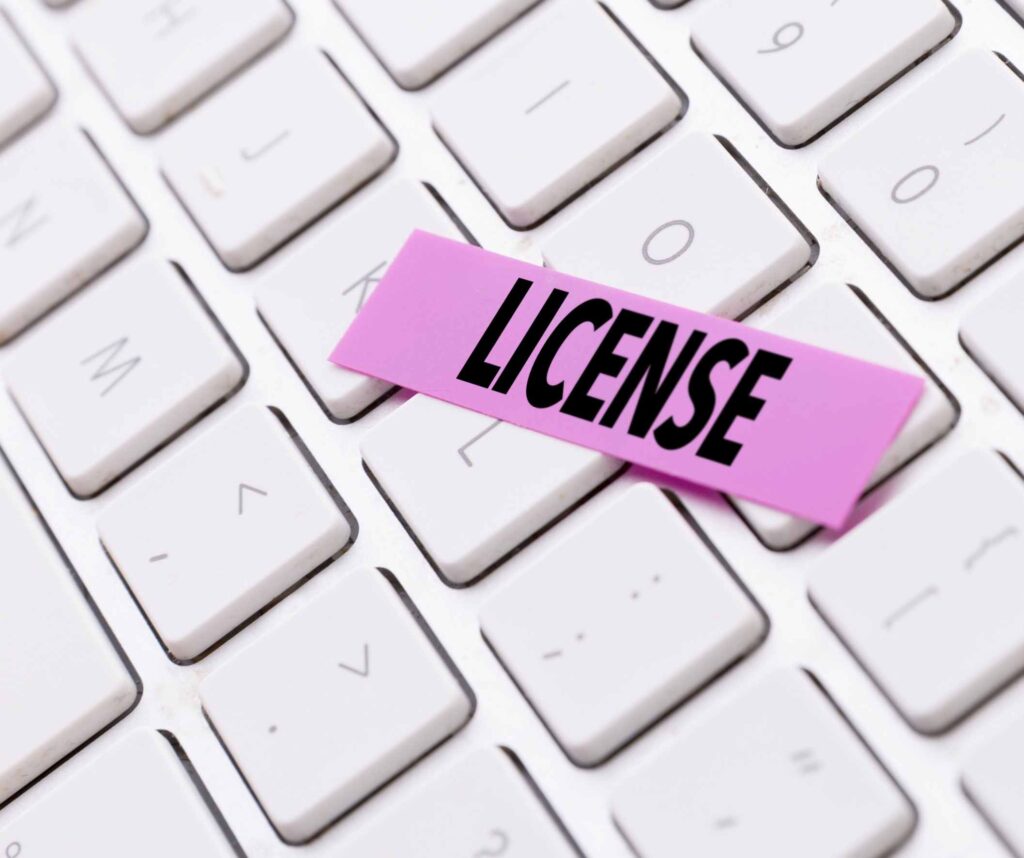Registering a business in France can be both a promising step and a source of stress. Especially for foreign entrepreneurs who are faced with an unfamiliar system and the nuances of local legislation. To avoid common mistakes, it is important to prepare in advance. Let's look at the 5 most common mistakes and how to avoid them.
1. Incorrect choice of legal form
There are many forms of doing business in France, such as SAS, SARL, EI, and the choice of the right one affects taxes, liability and management of the company. Many people choose a form without considering their long-term plans or the nature of their activities. For example, a SAS may be suitable for a start-up creating a product, but not for a small family business.

Advice:
Before making any decision, be sure to consult with an advisor or accountant familiar with French law.
2. Ignoring the requirements for the authorized capital
Some entrepreneurs underestimate the statutory requirements for the authorized capital. It is important to consider the consequences if the company begins to incur losses. This may entail demands for capital restoration or call into question the continuation of the company's activities. Which may lead to an adjustment of the charter, and therefore to additional administrative costs. The minimum amount, for example, 1 euro for some forms of business, in practice rarely corresponds to real needs and risks.

Advice:
Plan your authorized capital so that it is sufficient to cover start-up costs such as rent, equipment purchases, or other basic expenses.
3. Mistakes in choosing a legal address
In France, it is recommended to use company domiciliation services. This will allow you to avoid the need to change the legal address in the charter when moving, as well as eliminate additional administrative costs associated with this process.

Advice:
Use the address of your domicile, coworking space, or rented office. Use your home address if you are not planning to move in the near future.
4. Underestimation of the peculiarities of the tax system
France is known for its complexity tax system . Mistakes in choosing the right tax regime or ignoring reporting requirements can lead to additional payments or penalties. I recently published an article "How to manage personal finances in France. A practical guide and recommendations for tax optimization" in the magazine Perspective, in which I talk about how to use tax deductions and benefits.

Advice:
Understand the tax system for your type of business and find a qualified accountant who understands local issues.
5. Neglect of special permits and licenses
Some activities require availability of licenses, diplomas, certificates or permits. For example, if you plan to open a restaurant or a store, this may include health inspections and special licenses.

Advice:
Make a list of all the permits and licenses you may need and prepare them in advance. This will help you avoid delays.
Summary
Registering a business in France requires a competent approach to every detail. Mistakes can cost a lot, both in terms of time and money. The main secret of success is careful planning, professional advice and understanding of local regulations.
If you are planning to open a business in France, start your research early. Be prepared, ask questions, and go ahead and make your dreams come true, avoiding the mistakes described above.
Subscribe to the newsletter via the link and receive a gift in the first letter - a checklist of documents for registering a business in France: https://rouzade.com/return_page
What challenges did you face when registering a business abroad? Share your experience in the comments!
